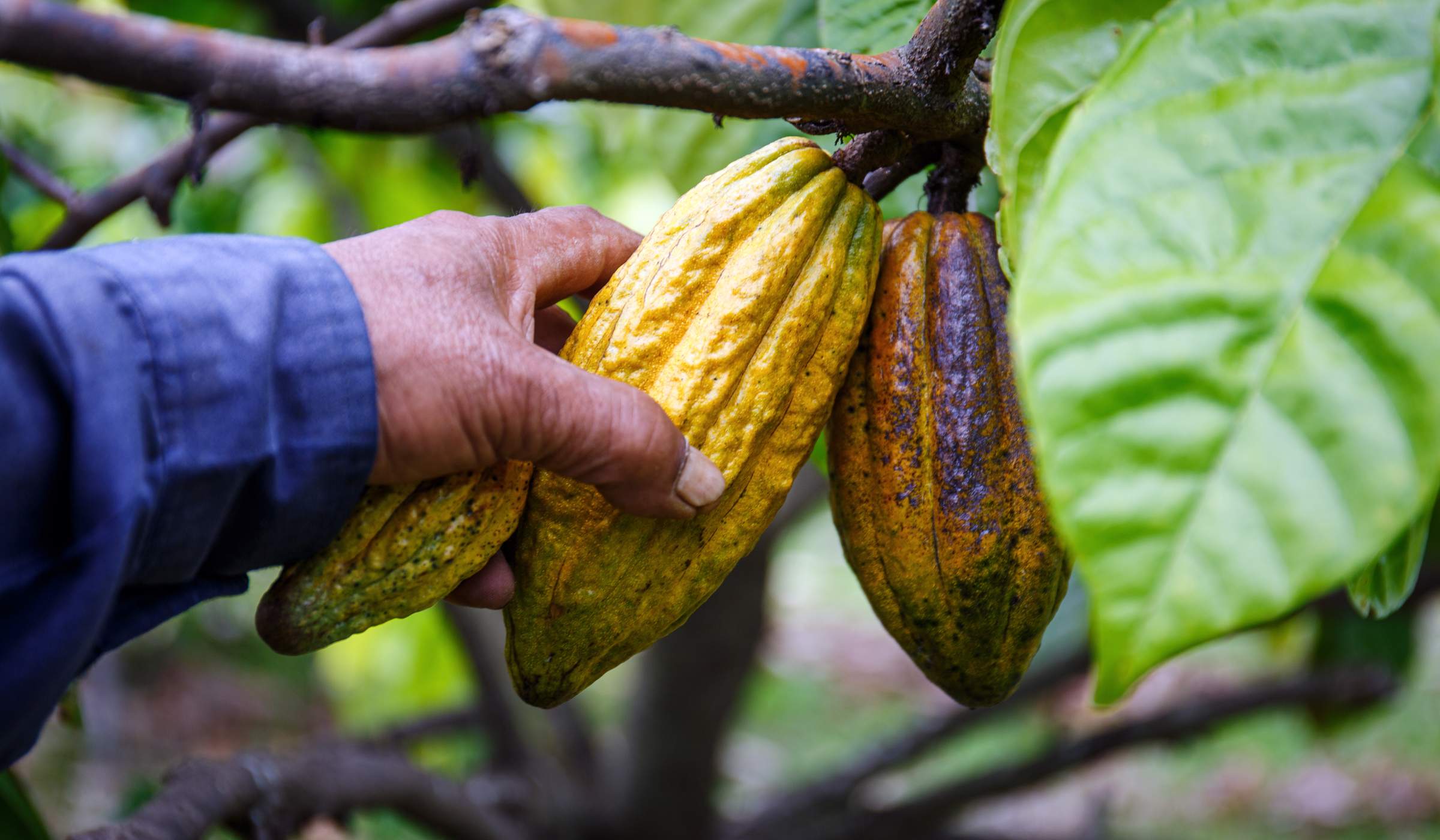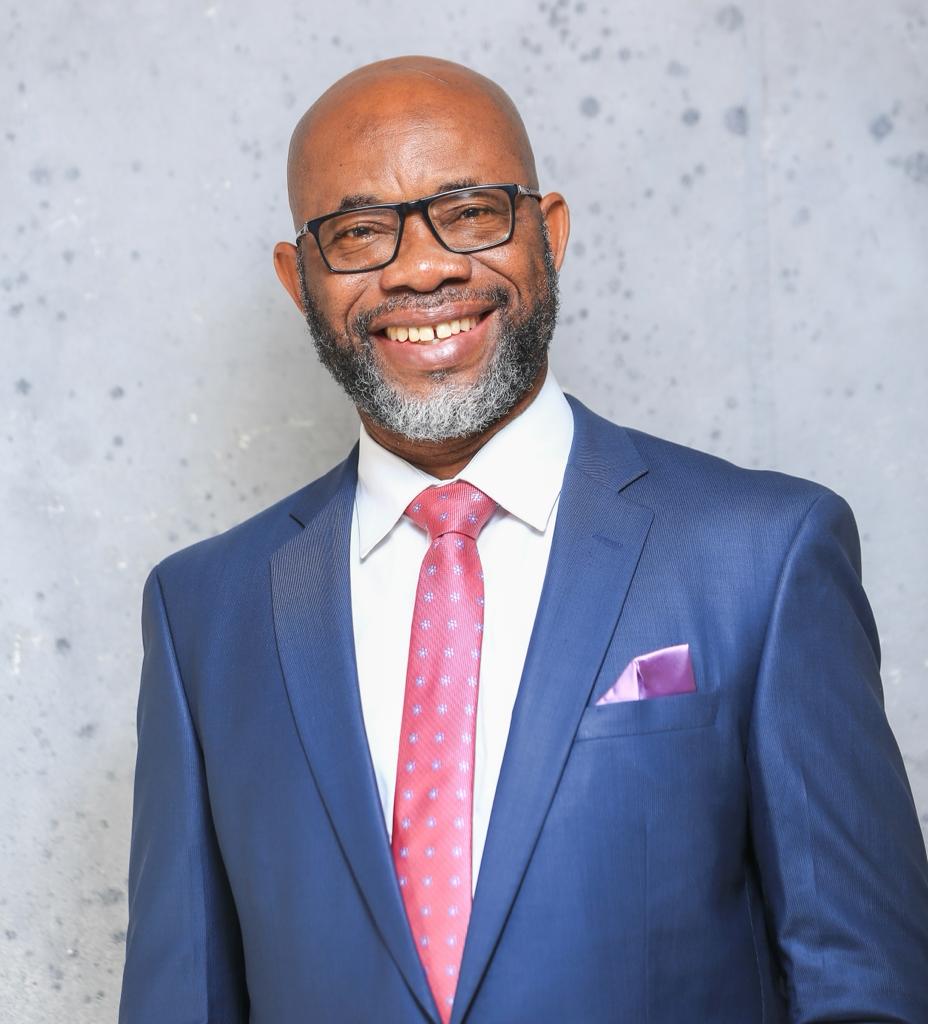
Mawuli Coffie serves as Country Director for WCF’s Ghana Office, having joined the organization earlier this year.
He arrives at WCF with an extensive track record in international development and business management over more than two decades. His work has taken him around Africa and across different value chains, but one thing has remained constant: his passion for enabling sustainable development through business-oriented solutions and approaches.

What have you been focused on since joining WCF several months ago?
Here in Ghana, our team is focused on bringing stakeholders together to drive progress on WCF’s core pillars of improving farmer incomes, combatting child labour and reversing deforestation. We are using the convening power of WCF to do that especially with our member companies and government policymakers.
For instance, we have been working with the Ministry of Employment & Labour Relations to make sure that protocols to mitigate child labour are functioning well, building trust between the public and private sectors. Likewise, through the Cocoa & Forests Initiative (CFI) we are in close contact with the Ministry of Lands & Natural Resources, as well as the Ghana Cocoa Board (COCOBOD), with regard to WCF members’ activities that will protect forests and reverse deforestation.
We are also collaborating to drive adoption of the African Regional Standard (ARS) certification scheme for cocoa, which promotes environmentally responsible farming methods, enhances the quality of cocoa products and ensures fair labour conditions.
How have you gotten to know Ghana’s cocoa sector first-hand since joining?
I have been on a couple of visits to the field since taking this role. First, I went to see how our CFI activities are helping communities to regenerate forests and stem the tide of encroachment. What I saw there reinforced something I have learned throughout my career: Community participation and ownership of such initiatives is essential to their success.
I also took part in a demonstration tree planting at a school as part of the Green Ghana Project, which is the government’s programme to plant 10 million trees in the country. Every year, the programme kicks off in June with events like this to generate excitement and participation. This year, WCF is supporting the programme with 150,000 trees to be planted in cocoa-growing communities.
Additionally, June 12 marked the World Day Against Child Labour. Here in Accra, WCF supported an event with the Ministry of Employment & Labour Relations to showcase what the government and our member companies are doing together to combat child labour.
The cocoa sector faces numerous challenges. What have your previous experiences taught you about how to overcome them?
The one lesson I come back to again and again is that multi-stakeholder approaches are the most effective way to mobilize collective action and address specific issues. My time working in Uganda’s oilseed value chain illustrated this clearly. Prior to designing and implementing our multistakeholder process, there were so many constraints in the supply chain that various actors were addressing ad hoc. They had to do with the quality of the crop, investments needed to help growers, practices to protect the environment and so on. Our multi-stakeholder approach provided a much better path to address these constraints. The work we are doing at WCF in the cocoa value chain is very similar.
Another key learning is that sustainable development requires engagement with the business sector. Earlier in this century, people assumed that development was only the work of the public sector. But we have learned that development initiatives are only successful through business-oriented solutions. It’s one reason I consider it my mission to serve as the interface between business and development.
What gives you optimism when you look at the future of cocoa in Ghana?
I’m encouraged by the collaboration we continue to build between the public and private sectors. As I’ve said, bringing the principal actors in a value chain together like this is essential to solving problems. The issues we face in terms of farmer incomes, child labour and deforestation are significant – but I believe that government and business working together can implement the right solutions. Cocoa is a crucial market to everyone involved – so we all have incentives to do so.